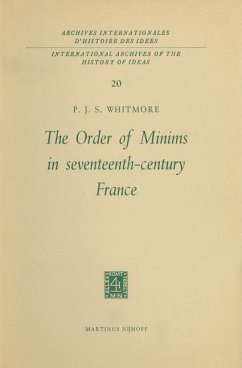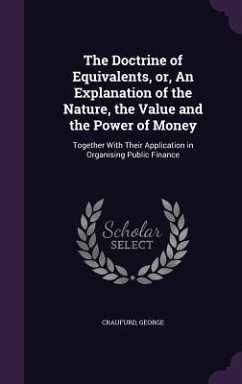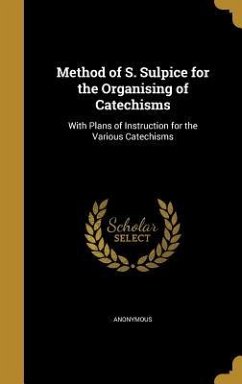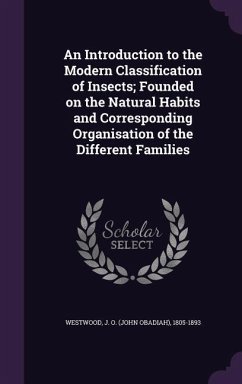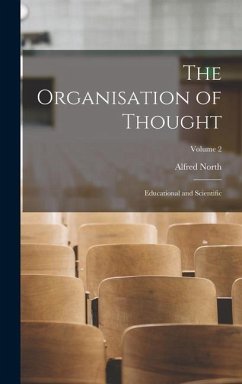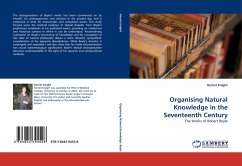
Organising Natural Knowledge in the Seventeenth Century
The Works of Robert Boyle
Versandkostenfrei!
Versandfertig in 6-10 Tagen
52,99 €
inkl. MwSt.

PAYBACK Punkte
26 °P sammeln!
The disorganisation of Boyle's works has been commented on by himself, his contemporaries, and scholars to the present day, and is evidenced in both his manuscripts and completed works. This study focuses upon the material evidence of textual disorder from Boyle's preliminary notebooks to his published works, providing an intellectual and historical context in which it can be understood. Reconsidering comments on Boyle's structuring of knowledge and his conception of the state of natural philosophy allows a more detailed, sympathetic consideration of his apparent disorderliness. While Boyle's ...
The disorganisation of Boyle's works has been commented on by himself, his contemporaries, and scholars to the present day, and is evidenced in both his manuscripts and completed works. This study focuses upon the material evidence of textual disorder from Boyle's preliminary notebooks to his published works, providing an intellectual and historical context in which it can be understood. Reconsidering comments on Boyle's structuring of knowledge and his conception of the state of natural philosophy allows a more detailed, sympathetic consideration of his apparent disorderliness. While Boyle's disorder is contingent and regretted, I will also show that his mode of presentation has crucial epistemological significance: Boyle's textual disorganisation becomes understandable in the light of his research and compositional methods.



